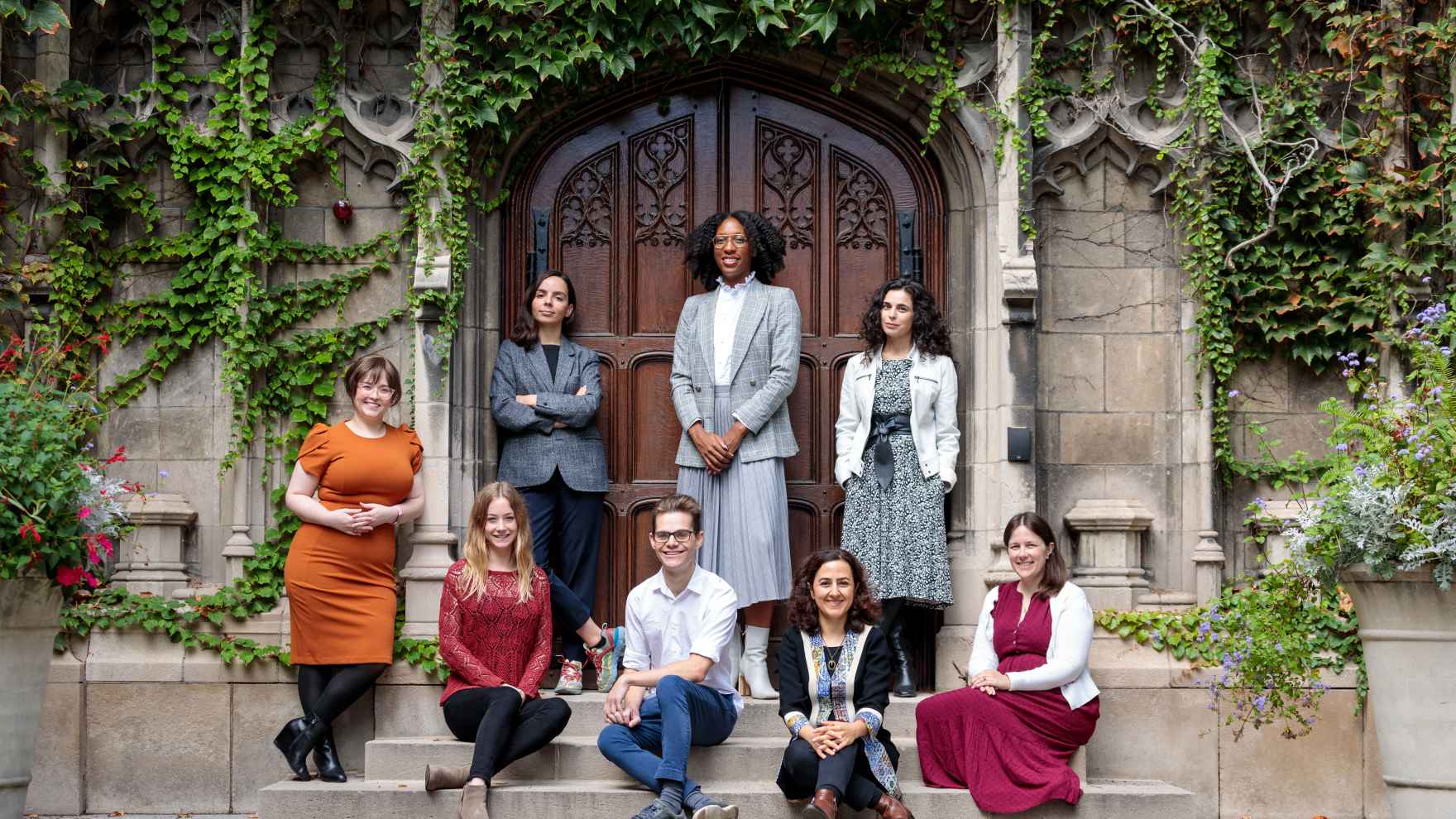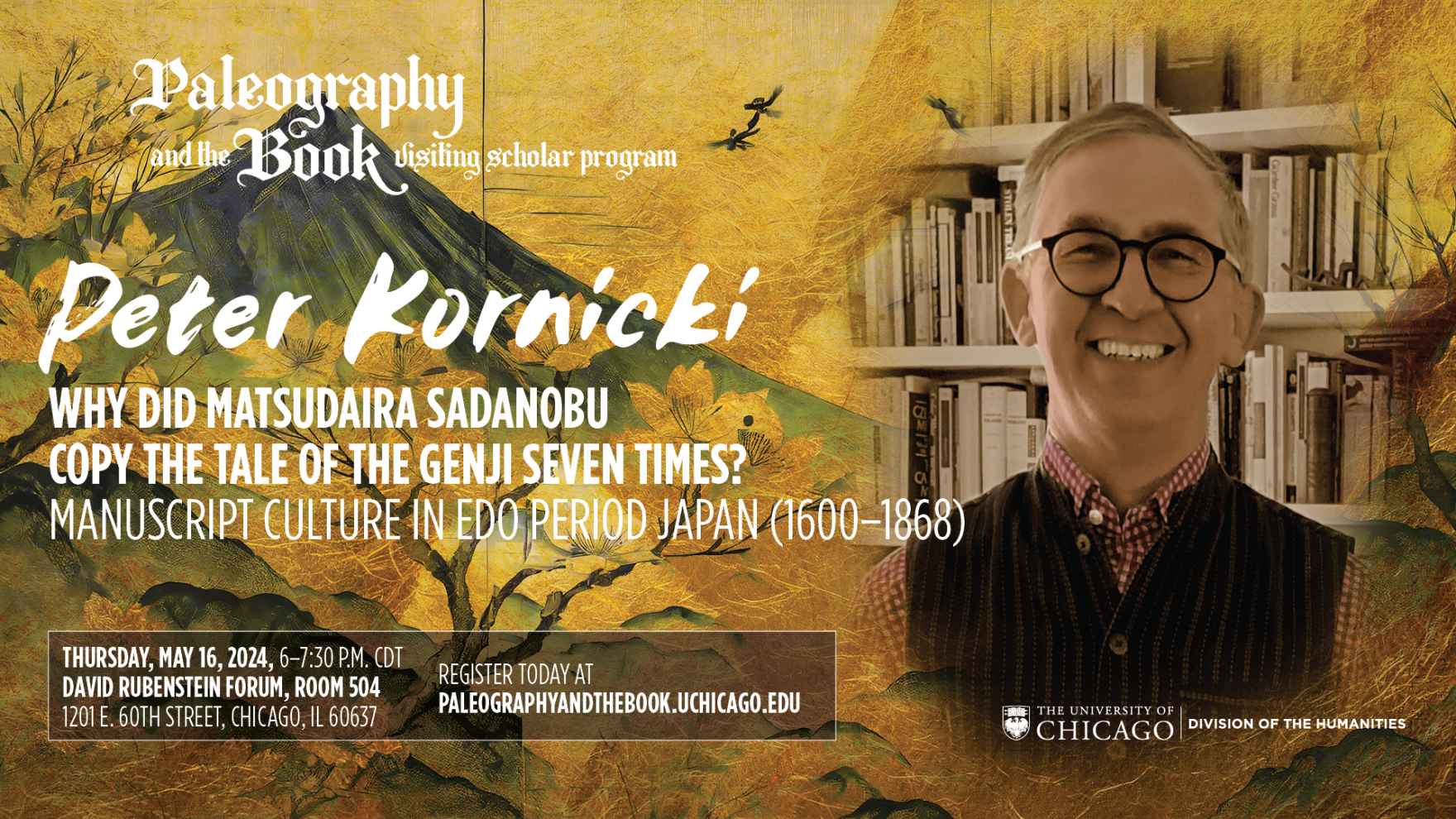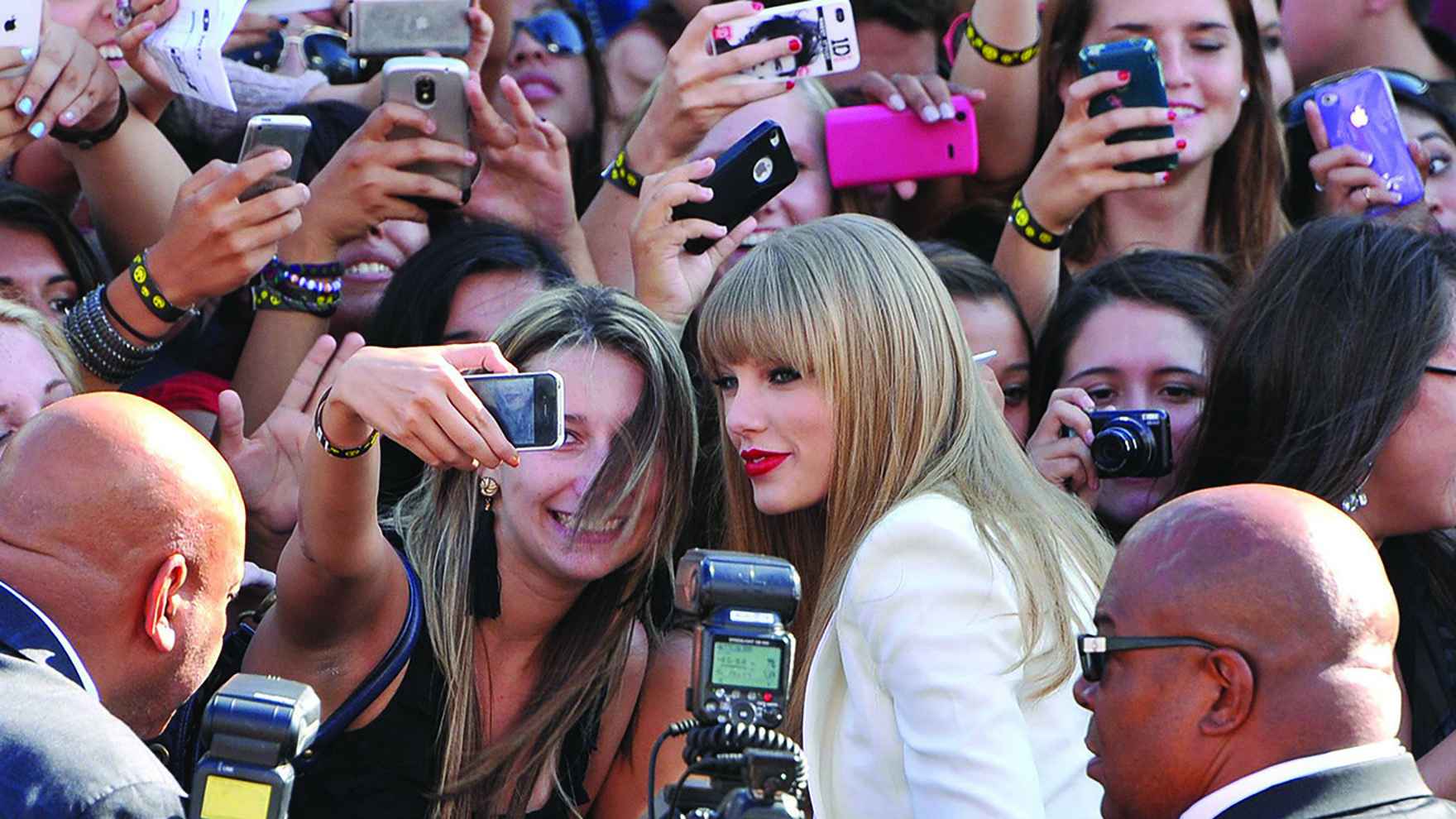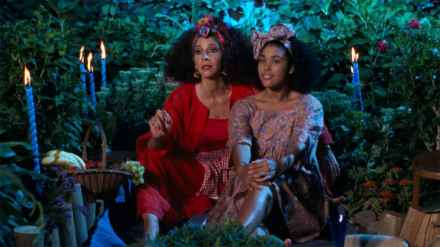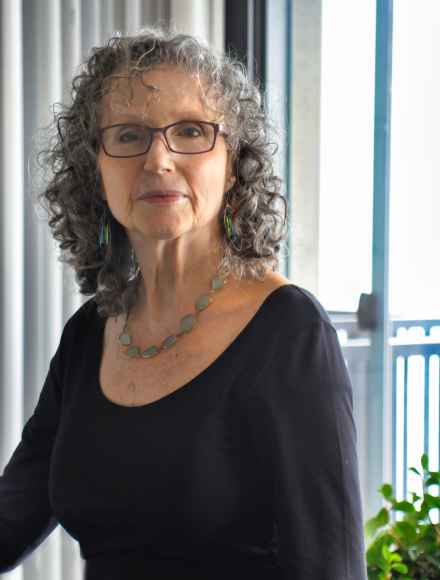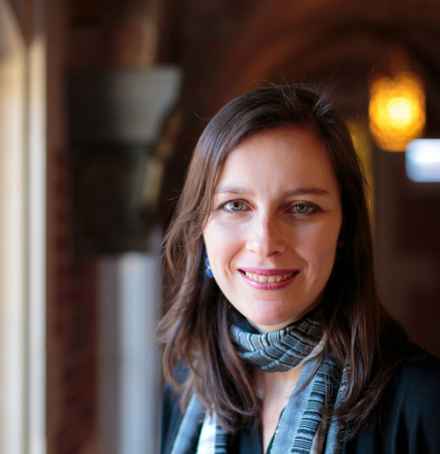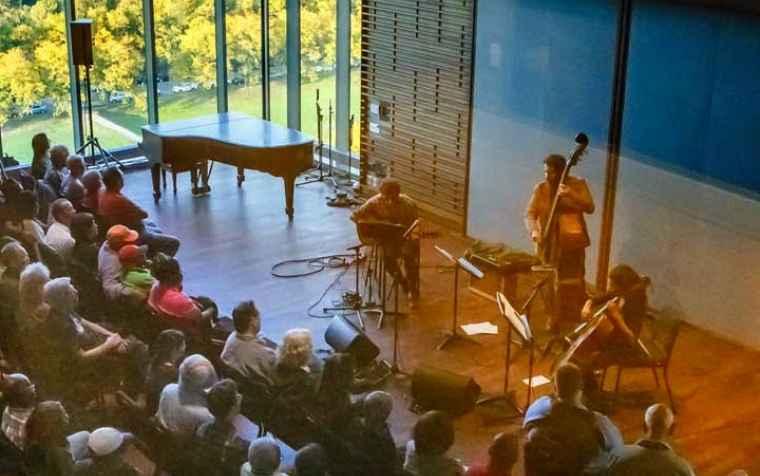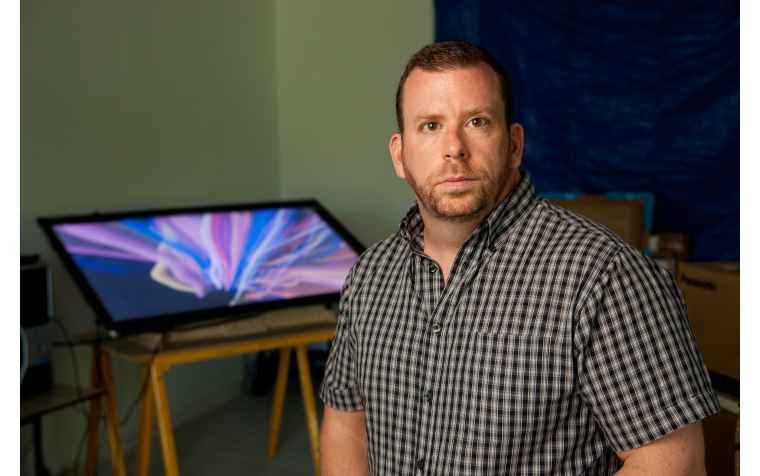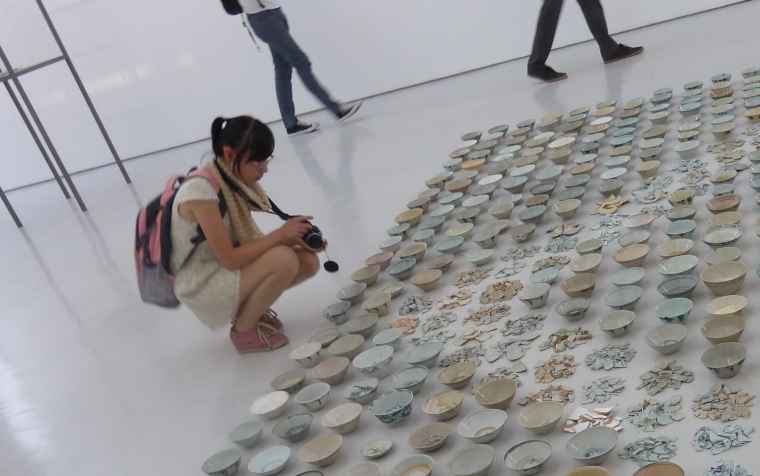Soujourner Truth Festival to Bring Together Generations of Black Women Filmmakers
In 1976, a group of artists organized the first Black women’s film festival. The Sojourner Truth Festival of the Arts was a celebration of Black feminist art and a space that fostered collaboration between artistic mediums. It was also a call for industry changes needed for Black women’s filmmaking to thrive.
Apart from two tributes, the Festival never happened on the same scale again—until now. Over four decades later, many of these same luminaries will reunite alongside the next generation of filmmakers.
The Sojourner Truth Festival of the Arts 2023 commemorates this historic event with a nine-week film series culminating in a symposium held March 2-4 at UChicago’s Reva and David Logan Center for the Arts. All events are free and open to the public.
“This symposium is a way to think about continuities, ruptures and evolutions,” said film scholar Assoc. Prof. Allyson Nadia Field.
UChicago Composer to Debut Opera about Anne Frank
Prof. Shulamit Ran first read Anne Frank: The Diary of a Young Girl at age 12 while growing up in Israel. The book’s power never waned, and over the years the University of Chicago composer has written several works with a focus on the Holocaust during her Pulitzer Prize-winning career.
Now, Ran has returned to Anne Frank by creating the music for a full-scale opera based on Frank’s remarkable diary—a project into which she said she poured tremendous mental and emotional energy. Titled Anne Frank, the work will premiere on March 3 at Indiana University.
“The topic of Anne Frank was one that I thought about at different times and from various perspectives. As in my other works that speak to the difficult subject of the Holocaust, my desire through music has been to say: ‘Do not forget,’” said Ran, the Andrew MacLeish Distinguished Service Professor Emerita in the Department of Music. “From the moment that I decided that I would indeed create an opera that has the diary of Anne Frank at its center, I felt I had taken on a huge responsibility and, with responsibility, comes risk. She has become such an incredible, larger-than-life, iconic figure for so many throughout the world. Yet it was important for me that my opera be about a real person, not a figure that you put on a pedestal.”
Celebrating Humanities Scholars: Black History Month
|
In celebration of Black History month, we are featuring UChicago Humanities Division scholars and visiting scholars who presented their work during some of our latest public programs: The Berlin Family Lectures and Humanities Day, from 2020 to the present. We featured scholars whose lectures were recorded and are available on our YouTube Channel. Featuring scholars Kaneesha Parsard, Kenneth W. Warren, Claudia Rankine, C. Riley Snorton, Danielle Allen, and Jacqueline Stewart. |
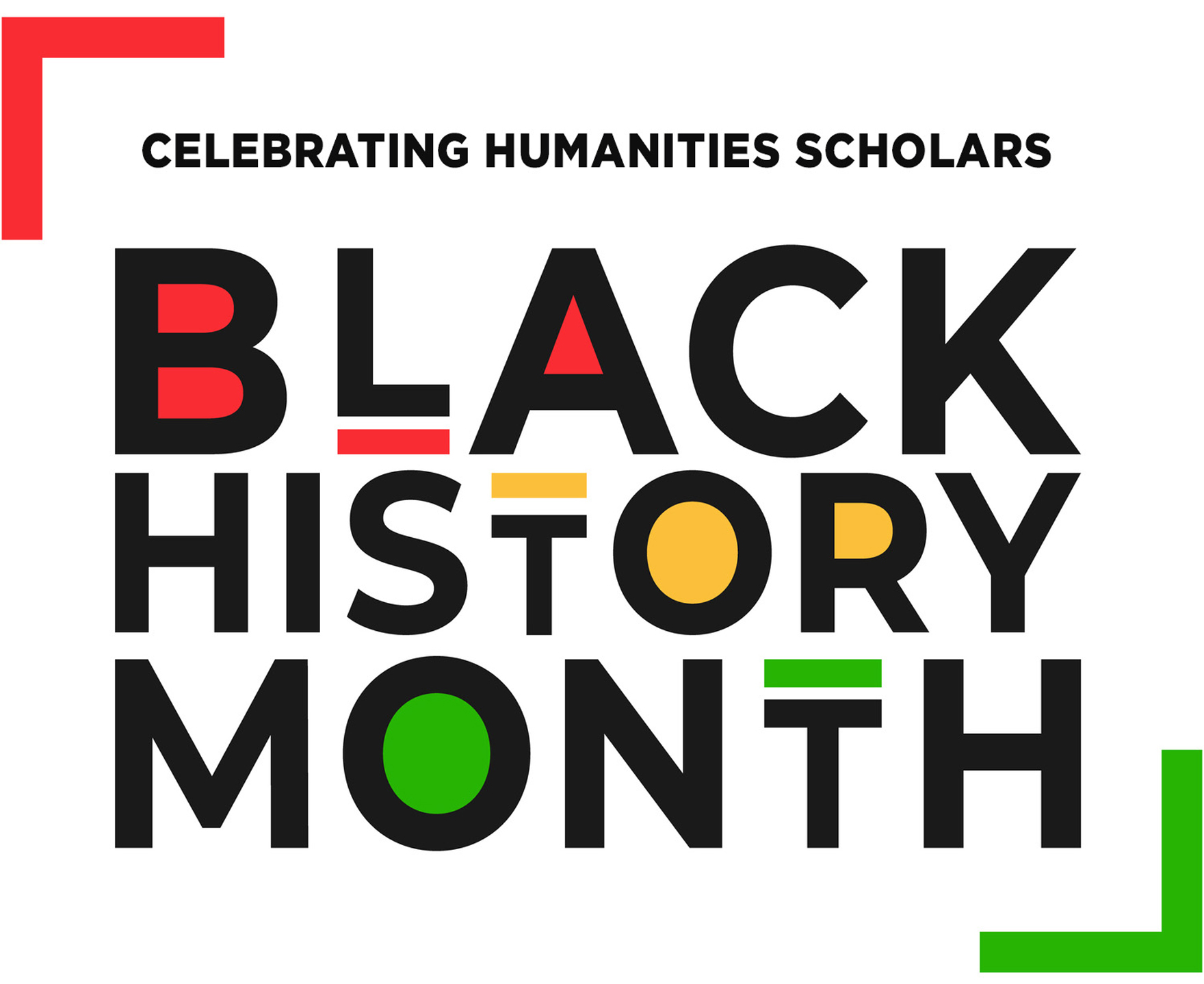 |
UChicago Humanities Scholar Receives NEH Fellowship
For her rigorous research and original approach to connecting electrical energy and culture production in Brazilian literature and art from 1930s to the present, Assoc. Prof. Victoria Saramago received a $60,000 Fellowship from the National Endowment for the Humanities (NEH) on Jan. 10. Her book project “Against the Current: Electrification and Cultural Production in Brazil Anthropocene” will investigate the multiple ways in which Brazilian artistic practices have shaped perceptions of the production and consumption of electrical energy, and how electricity has enabled, affected, and, sometimes, destroyed cultural objects.
Saramago contends that modern Brazilian artists have addressed electrification critically, skeptically, and ironically, countering the narrative of progress found in 20th- to early 21st-century Brazilian politics. Their critical views question one of the most basic assumptions from post-World War II to today: that a reliable and growing supply of energy is vital for modern life.
“Victoria Saramago’s scholarship is at the cutting edge of the contemporary environmental humanities and in particular Latin American ecocritical studies,” said Alison James, professor and chair in the Department of Romance Languages and Literatures at UChicago. “More broadly, Victoria’s scholarship challenges us to reflect on the complex entanglements of representations and reality.

